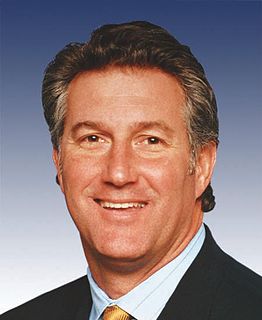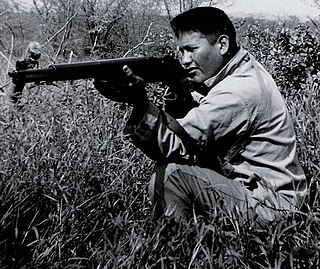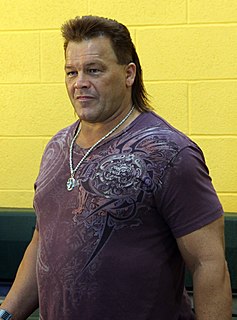A Quote by Rick Renzi
We need only look to our Navajo Code Talkers during World War II to see the value that Native languages bring not only to their culture, but to the security of all Americans.
Related Quotes
In every major war we have fought in the 19th and 20th centuries. Americans have been asked to pay higher taxes - and nonessential programs have been cut - to support the military effort. Yet during this Iraq war, taxes have been lowered and domestic spending has climbed. In contrast to World War I, World War II, the Korean War and Vietnam, for most Americans this conflict has entailed no economic sacrifice. The only people really sacrificing for this war are the troops and their families.
It's important to remember that World War II was experienced very much as a continuity in that sense. Most of World War II in most of Europe wasn't a war; it was an occupation. The war was at the beginning and the end, except in Germany and the Soviet Union, and even there really only at the end. So the rest of time it's an occupation, which in some ways was experienced as an extension of the interwar period. World War II was simply an extreme form, in a whole new key, of the disruption of normal life that began in 1914.
However, there is a fundamental difference between the issue related to Japan's history and our negotiations with China. What is it all about? The Japanese issue resulted from World War II and is stipulated in the international instruments on the outcomes of World War II, while our discussions on border issues with our Chinese counterparts have nothing to do with World War II or any other military conflicts. This is the first, or rather, I should say, the second point.
"You, who are on the road, must have a code that you can live by-"* You'll find universal agreement on the value of a behavior code, on the need for some sort of ethical system. Even the crooks count on "honor among thieves," and countries actually wage war according to certain rules. On the job and in the rest of our day-to-day living, we each need a "code for the road."
There is a myth that the New Deal programs on their own pulled the US out of the Great Depression and created the conditions for the economic boom after World War II. As an economist, I can tell you, that is not true. In reality, it was mainly World War II that launched the boom - the massive war mobilization, the horrifying destruction and death caused by it, and then the reconstruction in its aftermath. he US was the only advanced capitalist country that was not bombed during the war.
I think in many ways, the Spanish Civil War was the first battle of World War II. After all, where else in the world at this point did you have Americans in uniform who were being bombed by Nazi planes four years before the U.S. entered World War II? Hitler and Mussolini jumped in on the side of Francisco Franco and his Spanish nationalists, sent them vast amounts of military aid, airplanes, tanks - and Mussolini sent 80,000 ground troops as well - because they wanted a sympathetic ally in power. So I think it really was the opening act of World War II.
There are millions of white Americans today who still can barely bring themselves to acknowledge that the Civil War, with its twin Americas locked in a death match, was about slavery. They'll argue it was about economics, and they're right only because one of those economies was a slave economy. They'll argue it was about culture, and they're right only because one of those cultures was a slave culture.


































